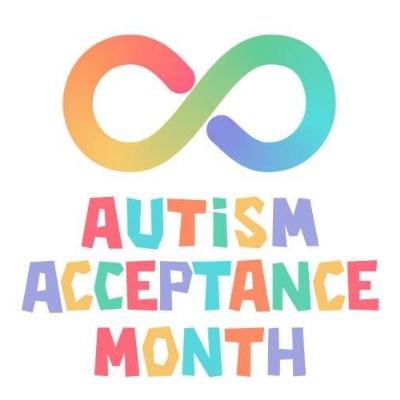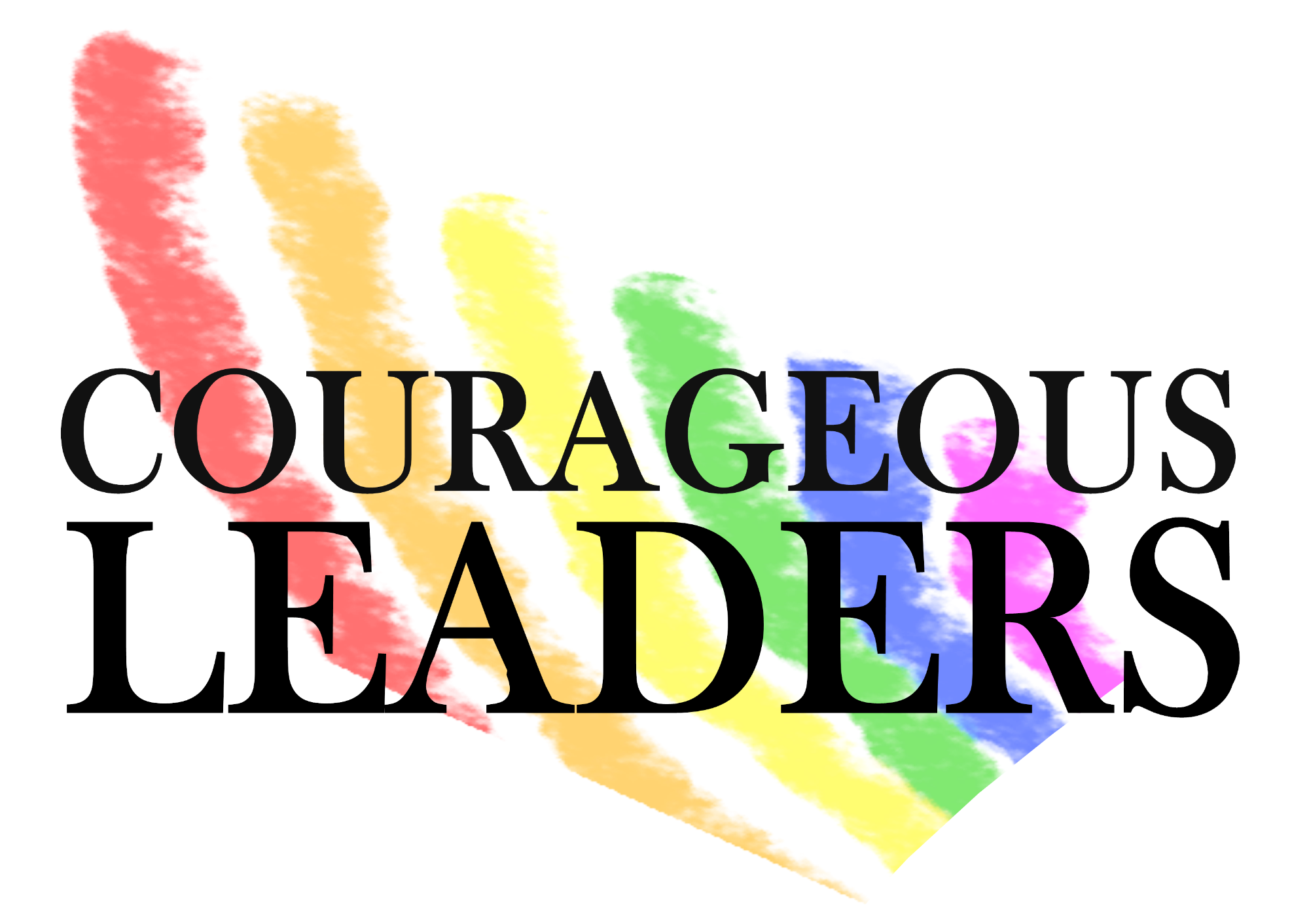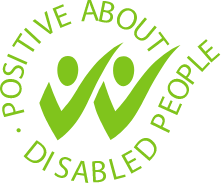
Autism Acceptance Month 2025

April is World Autism Acceptance Month, with World Autism Awareness Day marked on Wednesday 2 April. Throughout the week, our Additional Learning Support team will be sharing information and stories with our students to raise awareness and understanding of Autism.
Below we're sharing some key information about autism, myths vs facts and some stories that our students and their families have told us about their experiences of autism.
Autism re-explained: back to basics
What is autism?
Autism means someone's brain works a little differently. It is not a medical condition that can be 'cured' with treatments. You can't see if someone is autistic and each autistic person is different - they have their own strengths and different things they need help with.
Three main areas of difference are:
Social understanding and communication.
Flexibility, information processing and understanding.
Sensory processing and integration.
What is the autism spectrum?
The autism spectrum is not linear from high to low, but varies in every way that one person might vary from another. Every autistic individual has their own strengths, differences, likes, dislikes, and their own life journey and their own unique story. It is important that autism is simply seen as a difference, not a deficit.
Myths and Facts:
Myth: People with autism don't want friends.
Myth: People with autism can't feel or express any emotion - happy or sad.
Myth: People with autism can't understand the emotions of others.
Myth: People with autism are intellectually disabled.
Myth: People with autism have savant or genius abilities.
Myth: Autism only affects children.
Myth: Autism is caused by bad parenting.
Myth: Only boys can have autism.
Truth: If someone in your class has autism, they may struggle with social skills, which may make it difficult to interact with peers. They might seem shy or unfriendly, but that's just because they're unable to communicate their desire for relationships the same way you do.
Truth: Autism doesn't make an individual unable to feel the emotions you feel, it just makes the person communicate emotions (and perceive your expressions) in different ways.
Truth: Autism often affects an individual's ability to understand unspoken interpersonal communication, so someone with autism might not detect sadness based solely on one's body language or sarcasm in one's tone of voice. But, when emotions are communicated more directly, people with autism are much more likely to feel empathy and compassion for others.
Truth: Autism often brings with it just as many exceptional abilities as challenges. Many people with autism have normal to high IQs and some may excel at Maths, Music or another pursuit.
Truth: Some people with autism who are non-verbal or have severe cognitive disabilities, nevertheless have a fantastic memory, a capacity for drawing, an ability to do elaborate calculations and can read much better than expected. However, they represent a tiny minority of people with ASC.
Truth: Children with autism grow up to become adults with autism.
Truth: This myth comes out of very poor research from the 1950s, which was already being widely refuted by the 1960s. There is absolutely no evidence that poor parenting or poor parent-child relationships cause autism. ASC is caused by genetic factors, possibly combined with environmental factors in utero.
Truth: The sex ratio in ASC is roughly four boys to every girl. Girls with ASC tend to present differently and are often not diagnosed or misdiagnosed. So, this ratio may be inaccurate.
Our students' and parents' voices
What do our autistic students say about autism?
Being on the autism spectrum means that you interpret things differently. You have a different mindset and look at life from a unique perspective. It’s like a computer with a different operating system. This means that while I am as intelligent as the next person, I find it hard to communicate what I feel. This was harder when I was younger and left me feeling lonely at times, but my communication and social skills have improved with age. Nonetheless, I find it easier to communicate if someone else starts a conversation.
I don’t have many sensory issues, but I am aware that a lot of people on the autism spectrum do.
A common and damaging myth about autism is that we don’t feel empathy. I feel empathy, arguably more so than most non-autistic people I’ve met. I tend to come off as aloof or non-interested, but in reality, I feel the emotion so strongly that I have to put a lot of effort into controlling it.
I don’t do well in stressful situations, such as large crowds or loud noises, like sirens or motorbikes.
I find it hard to make friends and to manage my time. It can take me longer to do work, which is why I don’t get much leisure time. I find it hard to approach other people, and often I’m just focused on doing my work. This can make me feel quite lonely and sad.
I can get overloaded with information and sometimes, I feel like a broken laptop that’s not had an update in years.
But I also see the world as a fascinating place and notice things other people might overlook.
I subconsciously feel that if I do not go out of my way to be sociable and make friends, then my social skills and relations might fall apart and wither away. I feel I am lucky because I have some kind of charisma, which allows me to talk to people much more easily and keep their attention. It can make my life more stressful in that I struggle to manage my time and organise myself. I have very strong interests – occasionally obsessions – with a wide variety of subjects in my life. They often distract me from getting my work done, and sometimes I focus on them so much that I wear myself out.
I would like people to be a bit more patient when working with me, and to lend me their attention when talking, regardless of whether it’s about my interest or theirs. It really helps that I volunteer in the public sector every weekend and talk with like-minded people about subjects we can both find interesting. I think it’s worth getting to know me. I am kind and gentle.
I was diagnosed with Asperger's syndrome when I was ten. Although this was seen as a solution and an answer by many of those around me, this was no surprise to my parents. I have never seen it as a problem. Others do, and that is why we should all be promoting ASD and all the wonderful forms it can take. One misconception about Autism is that people seem to think that it is something which you have; it’s not. I have ginger hair, for example, but I would never say that I have Asperger's because it is not something which I can actively change. It is also not something which I think about. I don't think that I am doing something because I have been diagnosed with it, in the same way that a gay person does not actively think about being gay. I am just being myself and am put into a box by society.
Being diagnosed with it does lead to some difficulties, but it is more of a good thing rather than a bad thing. In thinking about the difficulties that others face, I can help myself by thinking about what I would do in that situation, helping myself overcome that obstacle. Btw, girls are diagnosed with ASD as well, although it is rarer.
What do our parents say about autism?
As a parent with twins on either end of the spectrum, I would just like to share with you that it is extremely challenging for a parent with a child on the spectrum. The key point to helping the child is to have a routine and stick to it ... There are always challenges going to a new place or meeting new people and communication is always a problem. Anxiety is always high for an autistic child, so trying to see any problems and resolve them before they occur is key.
I have one son who has a problem with smells being a trigger for him; if he smells garlic, for instance, he will kick off ... Most parents know these triggers, and it is key to try to have a balanced day. With most children on the spectrum, including other parents, I have spoken to parents who find music is a calming factor, including children with ADHD.
A child who knows that there is support there for them, even if they do not use it, will feel more confident. A way to message a teacher if you don't want to directly ask in class is also helpful.








